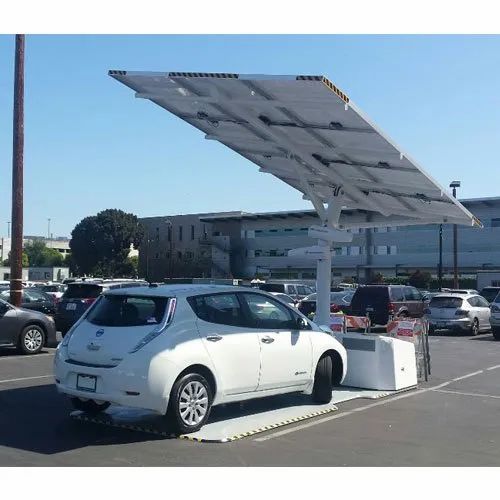
In this article I will discuss some of the many benefits of using solar energy for home use. Solar energy can be used to reduce greenhouse gas emissions, carbon footprint, and water pollution. The best part is that solar panels can help reduce or eliminate your utility bills. These savings can add up quickly and make a big difference in the long-term. This article will also look at how to get started using solar energy for home use.
Reduces greenhouse gas emissions
Residential solar power is an excellent way to save money and reduce greenhouse gas emissions. Many states and federal governments offer incentives for solar power installation. This renewable energy source is a smart long-term decision. You can offset carbon dioxide emissions if you don't have enough resources to install solar panel systems yourself. "Green tags" are renewable energy that generate power for the grid. Online, you can find numerous programs that accomplish this.
Solar power reduces greenhouse gas emissions by reducing a household's reliance on the electric company and can be stored for later use. It can also lower a household's greenhouse gas emissions, which is the measure of total greenhouse gases. The household's total carbon footprint can be defined as the household's fuel consumption, lifestyle, and purchasing habits. You can drastically reduce your carbon footprint by using solar energy.
Reduces water pollution
Solar energy is an environmentally friendly energy source that can reduce dependence on petrochemicals. It's also safer than nuclear and fossil fuels. The United Nations Environmental Program states that electricity produced by solar power plants uses only a small fraction of the water required by fossil fuel plants.

The switch to renewable energy sources could lead to significant reductions in carbon emissions and water consumption. The study shows that switching to renewable energy sources from water-stressed areas would reduce carbon emissions by around 20 percent and water use by seven percent, respectively. The switch to solar power would also bring down the carbon emissions and water use of chemical companies.
Reduce carbon footprint
Solar energy makes up an increasing portion of the energy we use today and plays a vital role in the fight against climate change. Photovoltaic panels or solar radiation concentrating mirrors convert sunlight into electricity. It is then stored in batteries or thermal storage.
Solar energy has many benefits. One of these benefits is reducing your household’s carbon footprint. The household's greenhouse gas emissions are its carbon footprint. A household's carbon footprint depends on the amount of fuel it uses, the distance it travels, and the type of energy used to produce electricity. It is possible to reduce your household’s carbon footprint by switching from fossil fuels to solar energy. You can reduce your carbon impact by purchasing more local, organic foods, planting a vegetable garden, and line drying clothes rather than washing them.
Reduces cost
Soft costs are the main barrier to solar deployment. The industry needs to find ways to lower them. Soft costs can include the cost of labor, permitting, and supply chain overhead. Aurora has launched a number of initiatives to reduce these soft costs. These initiatives can increase production and solar installation as well as lower the cost of solar energy.
Aurora Solar, which received two Sunshot grants recently, is one example of a well-respected company. It is working to make the design process more efficient, and has developed a method for evaluating potential customers for solar suitability. This will lower the cost per watt by about 20 percent.

Tax credit
Installers of solar-powered systems can get a tax credit from the federal government. The credit is based on the total cost of installing solar-powered equipment. It can be up to 30%. The tax credit is not available for long periods. This credit is only available to those who have purchased a new solar system and not installed one before. This credit does not apply to existing systems.
The federal government has long encouraged the use of solar energy. The government offers homeowners who make the switch to solar energy a tax credit. This credit was introduced in 2005. This tax credit, also known the federal solar tax credits, allows taxpayers up to 30% deduction for the cost of installing a system. This credit will expire in 2035, unless Congress extends it.